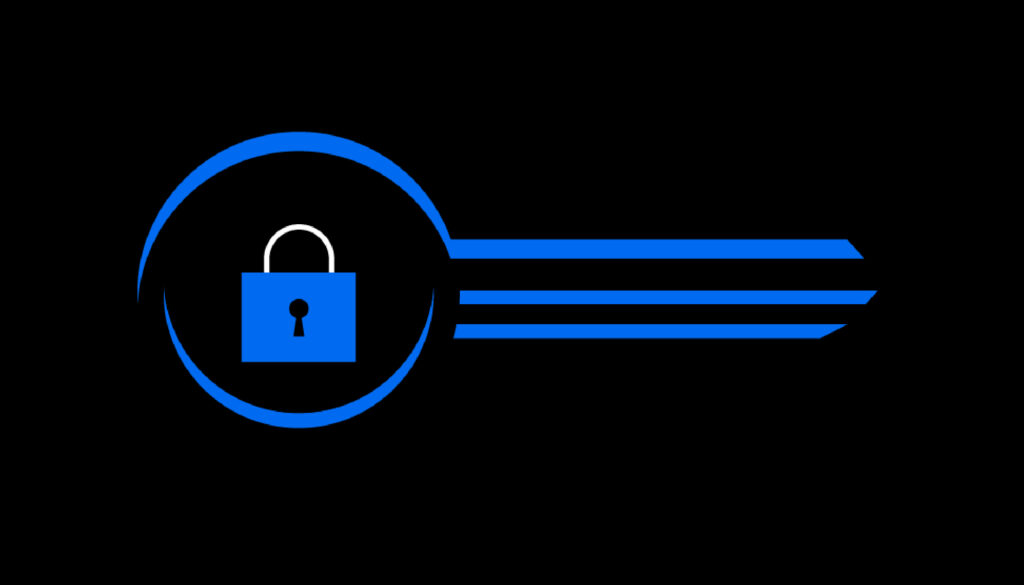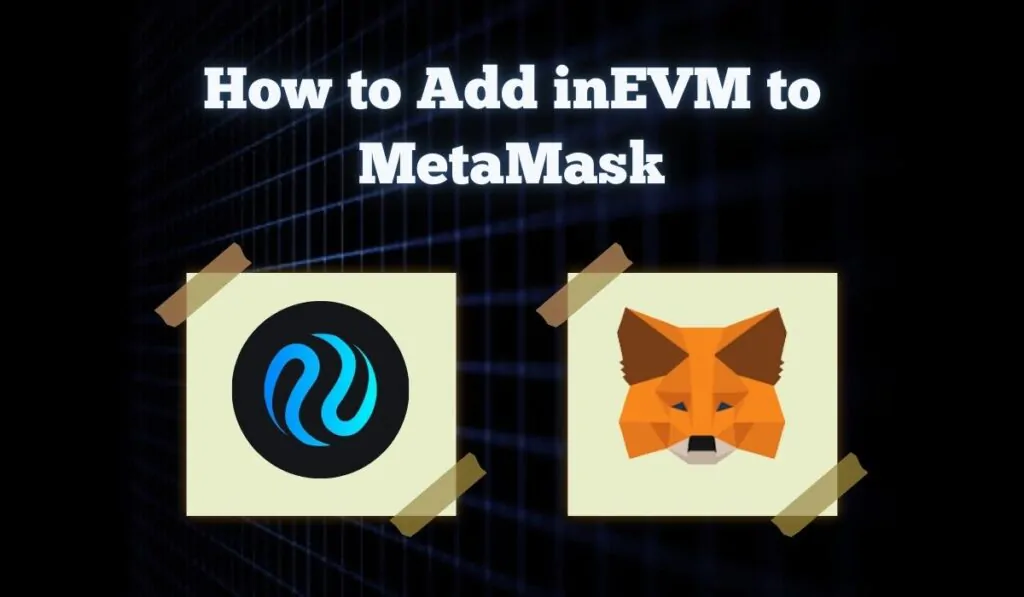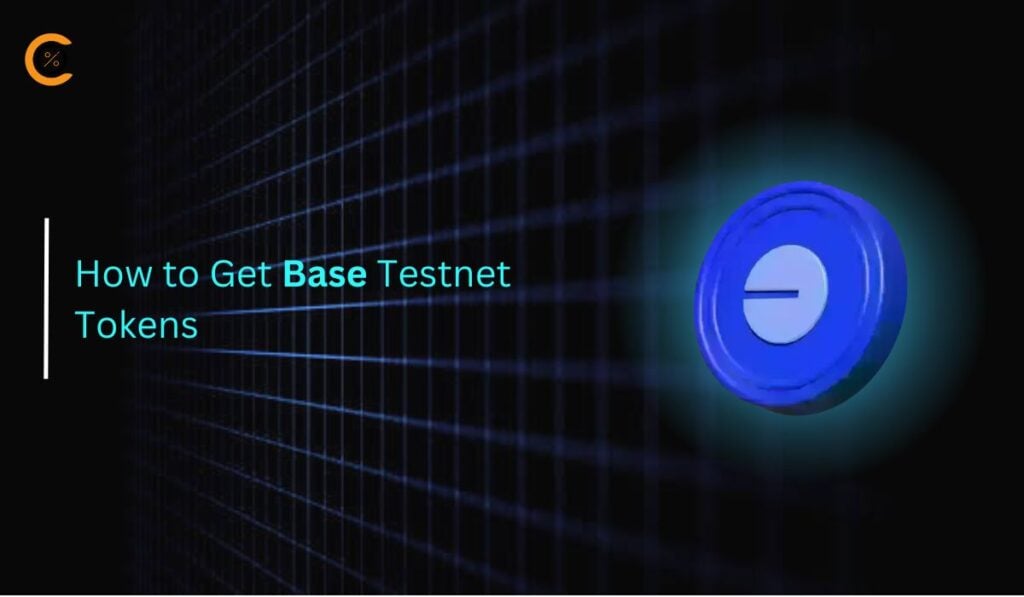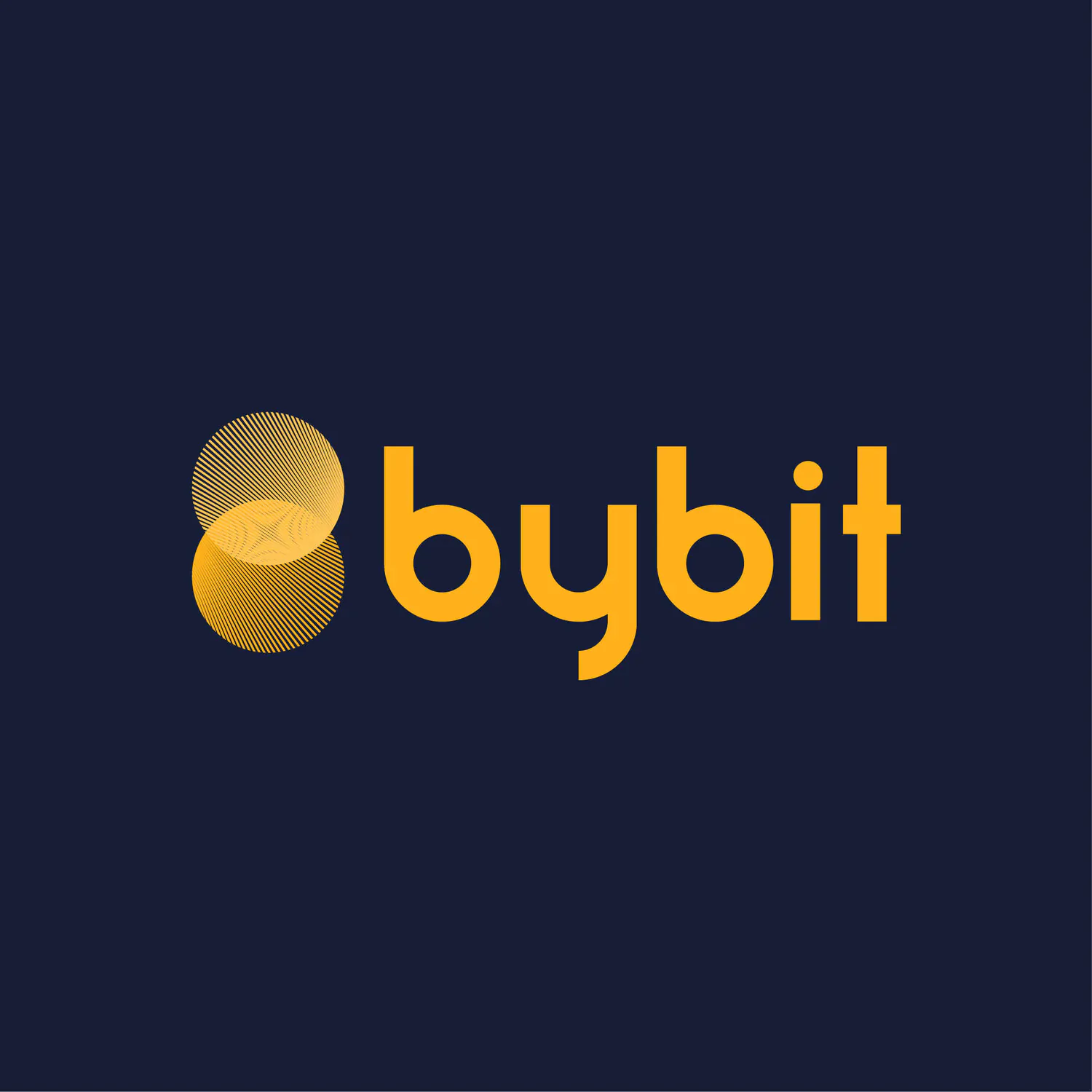Everything You Need to Know About Cryptocurrency Private Keys
After the collapse of FTX, one of the largest cryptocurrency exchanges in the market, the phrase, not your keys, not your crypto, has gained popularity. It means that if you don’t control your crypto keys, you technically don’t own them. But what exactly are cryptocurrency keys?
Two types of keys guarantee crypto security. The two are public and private keys.
Private keys
Like the public key, the private key is also used for encryption and decryption. Private keys are an essential tool within cryptography, as they are used as a digital signature to authenticate and show ownership.
Cryptocurrency utilizes this concept, as every user is given their private key to access and secure their blockchain address. This ensures that only the individual with the private key can make changes, initiate transactions, or sign other documentation associated with the blockchain address.
For someone else to complete a transaction on behalf of an individual or alter their wallet balance, they would need the private key – making it an important security measure in cryptocurrency transactions.
Public keys
Without getting into the technicalities of it, the public key is like your public address. It is what associates you with a specific cryptocurrency. Since it acts more like your public address, anyone can see it on the blockchain if they want to do so.
That said, the public key also plays a role in cryptocurrency security. One of the most common and essential applications of a public-key encryption system is for encrypting data transmission. This feature allows individuals to securely and privately share sensitive information without fear of it being intercepted or examined by an unauthorized person.
By using the recipient’s public key to encrypt the message, no one other than the intended recipient can decode it with the associated private key. Therefore, sensitive communication can be sent free of the risk that its contents will become public knowledge.
Why is it important to store your own private keys?
When most people buy cryptocurrencies, they leave them in exchanges. This means you entrust the crypto exchange with your private keys. Given the unregulated nature of the cryptocurrency market, you are at the mercy of someone who can easily refuse to give you your crypto back for whatever reason.
Cryptocurrency exchanges failing to return crypto can happen for many reasons ranging from outright fraud to hacks that leave the exchange unable to reimburse depositors. It’s the same way that banks have different reasons not to give you your money back, as happened in Cyprus after the 2008 financial crisis.
When you store your private keys, you have full control over your crypto assets. No one can ever take them from you, and you can spend your money whichever way you wish.
The idea of having full control over your crypto assets through private keys is what makes cryptocurrencies like Bitcoin better money than fiat currencies. Unlike fiat, where you are at the mercy of the government through banking regulations, you are the boss of your money when you hold your crypto’s private keys.
How to store your private keys
For most people new to crypto, the big question they have, especially after all the horrors of exchanges, is, how do I store my cryptocurrency in a safe way? Here private keys and hardware wallets come into play. When setting up your wallet, you get a wallet address looking like this: 3FZbgi29cpjq2GjdwV8eyHuJJnkLtktZc5
This will be your own private key which you can use to access your cryptocurrencies. Besides of these long codes, hardware wallets like the Ledger Nano X offer you a way to set up a seed phrase which you can use to access your cryptos. Seed phrases consist of 12 to 24 random words. You should never save your private keys or seed phrases online. You can write it down on paper or even better: Just memorize it.
What is a cold storage wallet?
A cold storage wallet is not connected to the internet. With such wallets, you have complete control over your crypto assets, and you are the only one who can spend them by signing with your private keys. The most common cold storage wallets are hardware and paper wallets.
However, even wallets that have access to the internet, also known as software/hot wallets, also allow you to store your private keys. With additional security features like 2FA, only you can access your private keys if you don’t get careless and expose them.
Common mistakes that expose private keys to bad actors
While holding your private keys lowers the risks of exchanges, you also need a higher level of responsibility. Scammers are always devising new ways to try and steal your crypto assets. Below are some techniques that scammers use to access your private keys.
Fake support on social media
Whenever you have an issue with your wallet, instinctively, the first place you seek help is on social media. However, this is risky, and if possible, avoid social media at all costs. That’s because only wallet support ever uses social media. Instead, scammers give fake forms to fill up with your private keys in the name of customer support. If you make this mistake, the odds are that you will lose your private keys, and no one can help you retrieve them.
Spam email and online links
Scammers often send out links that can collect your data, which can be used to hack into your wallet. To avoid such issues, avoid opening random links on the phone or PC where you have your software wallet.
| 👍 Pros of private keys | 👎 Cons of private keys |
|---|---|
| ✅ Full owner ship of assets | ❌ Full responsibility to store them |
| ✅ No risk of rug pulls or bank runs | ❌ If you lose your key and forget your seed phrase, you can never access your assets again |
| ✅ Spend your cryptos when and where you want |
Conclusion
The private key is the one that gives you ownership of your cryptocurrency assets. Think of it like a password to your online banking system. With private keys, only you can access and spend your crypto assets. For you to control your private keys, always make sure to put them in a wallet – cold or hot. To maintain the security of your keys, avoid opening random links, especially when using software wallets.
FAQs
What is Spot trading in the cryptocurrency space?
When you are trading on the spot market, you actually buy and own the tokens. That means you could also transfer them to your own wallet. On the futures market you do not own any coin, but only a contract representing the underlying asset. So if you want to own Bitcoin (BTC) or any other cryptocurrency, you must buy them on the spot market.
Where can I trade the cryptocurrency spot market?
The easiest way to trade cryptocurrencies on a spot market is to use a centralized exchange such as Binance or MEXC.
Is it safe to trade cryptocurrencies on the spot market?
There are no guarantees in trading so we can not say if it is safe or not. We recommend to never trade with more than what you can afford to lose. Especially when you are new to trading you should practice a lot with very little or no money (demo account).
How much does it cost to trade online?
This varies a lot. Some trading platforms like MEXC allow you to trade with 0% maker fees on the spot market. That means the fees for limit orders are 0%. The industry average for the spot market fees is 0.1% maker and 0.1% taker.















